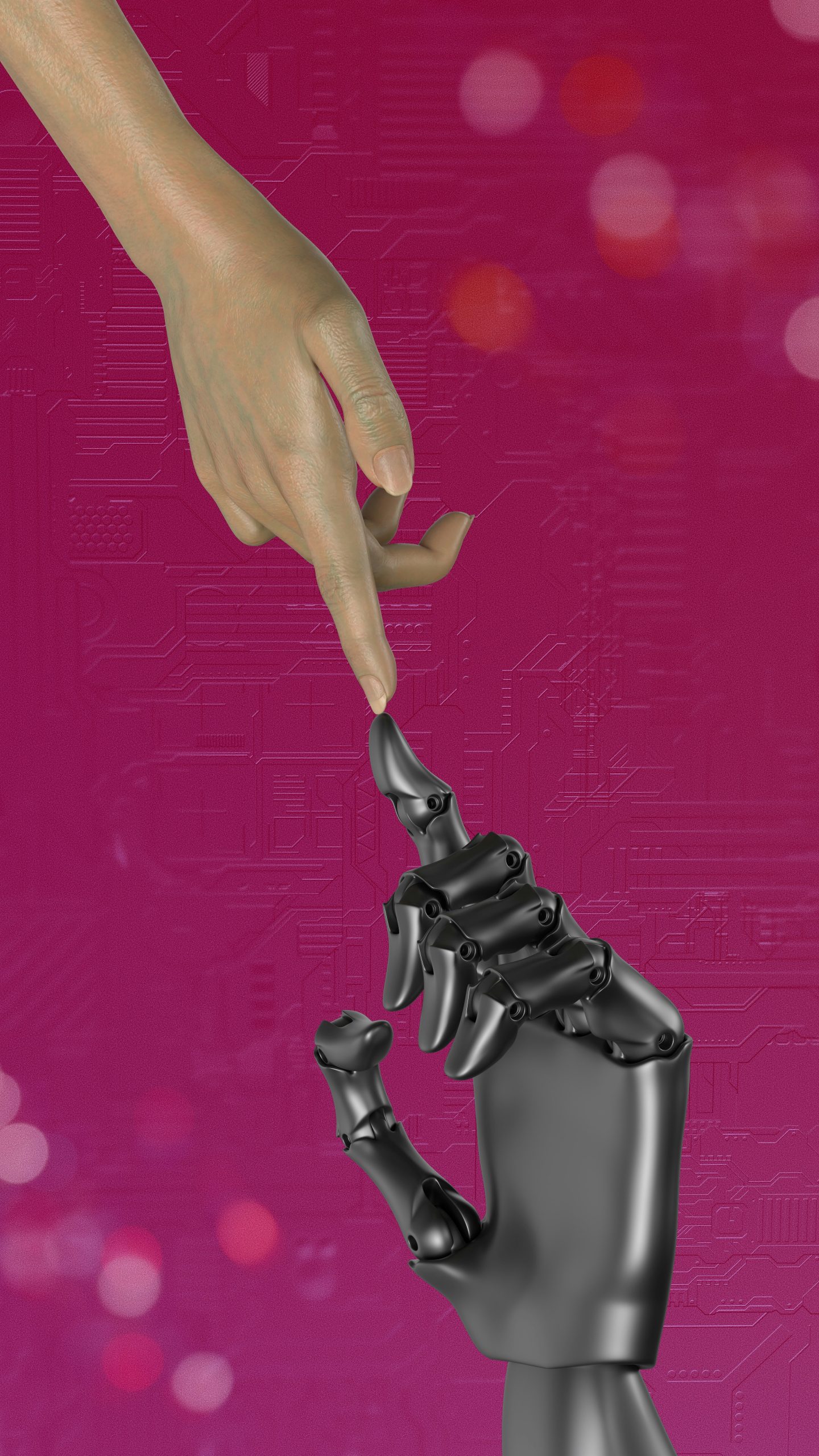For much of the 20th century, leaders were taught that decision-making was rational, almost mechanical: define the problem, analyse the options, and choose the best path. It was tidy, logical, and comforting—at least on paper.
Real life, of course, is messier. There are shortcuts and biases that cloud judgment. Intuition—“trust your gut”—works when expertise and EGO runs deep, but in complex, high-stakes situations, it often misleads.
Even culture plays a role. In Japan, decisions are presented as rational and unemotional, though emotions still shape the outcome discreetly. In the West, emotions are more visible and sometimes celebrated. Either way, the human factor—our biases, egos, and blind spots—has always been in the driver’s seat.
And that’s where technology enters.
Breaking Free from Legacy Thinking
For decades, leaders leaned on frameworks to explain decision-making. Today, they’re reaching their limits:
Limited rationality. Herbert Simon showed that humans don’t seek the perfect choice—we settle for “good enough.” Yet this still treated decisions as isolated, ignoring how context and relationships shape outcomes.
Behavioural design. From cafeterias to apps, small tweaks in how options are presented can influence choices. Useful, yes—but often a quick fix that overlooks deeper cultural or structural issues.
Artificial intelligence. AI has laid bare the blind spots of these old approaches. From hiring to lending, algorithms reveal biases that were already built into our systems.
The lesson is clear: the myths of the purely rational or purely intuitive leader no longer serve us.
From One-Time Choices to Continuous Learning Cycles
Modern organizations treat decisions as loops, not one-off events: act, measure, learn, adapt.
Jeff Bezos calls it the “70% rule”: decide when you have most of the information, not all. Speed matters more than perfection. “Speed Wins”. Mistakes aren’t failures—they’re data.
This reframes organizations as learning systems. Each decision strengthens the playbook, making future choices faster, wiser, and more adaptive.
The Role of AI: Our Friend, Not Our Replacement
Classical AI spots correlations. Causal AI goes deeper, exploring why things happen. Leaders can now test “what-if” scenarios before acting.
But here’s the key: AI should never replace the human in the loop. Its value is to make us more human—to check egos, surface hidden biases, and remind us that humility is a strength.
Technology is not the hero. It’s the mirror. A friend that exposes blind spots, not a machine that erases our humanity.
That’s why ethics must lead technology. Without conscious professionals guiding AI, we risk tools that dull our humanity instead of sharpening it.
From Static Frameworks to Adaptive Leadership
Old frameworks were rigid and slow. Adaptive ones are dynamic, flexible, and humble. They invite AI into the process—but keep humans in charge of purpose, values, and ethics.
A conscious leader today must:
- Embrace uncertainty instead of fearing it.
- Treat every decision as a hypothesis, not a verdict.
- Collaborate with AI, knowing both its strengths and its limits.
- Guard against bias—human and algorithmic.
Leaders like Satya Nadella, Jeff Bezos, Indra Nooyi, and Ray Dalio show what happens when systems thinking meets values-driven leadership.
The Future of Conscious Decision-Making
Machines already optimize logistics, pricing, and security. That’s the present.
The future is partnership: AI runs the simulations, humans define the meaning. Decision-making in the AI era isn’t about replacing intuition—it’s about elevating it. Not about removing humanity—but re-centring it.
The winners of tomorrow won’t be those who make the “perfect” decision today. They’ll be those who build systems, guided by ethics and humanity, that keep deciding better, loop by loop, awakening by awakening.
Conscious Leadership Tip #24
Use AI not to replace your humanity, but to refine it. Treat technology as a partner that checks your biases, calms your ego, and reveals blind spots.
Build decision loops—act, learn, adapt—and invite AI as a mirror, not a master.
Above all, let ethics lead. Conscious leaders don’t outsource decisions to machines; they design systems where technology supports awakening, not avoidance of humanity.
